Advertisement
Kick up your metabolism by strategic eating
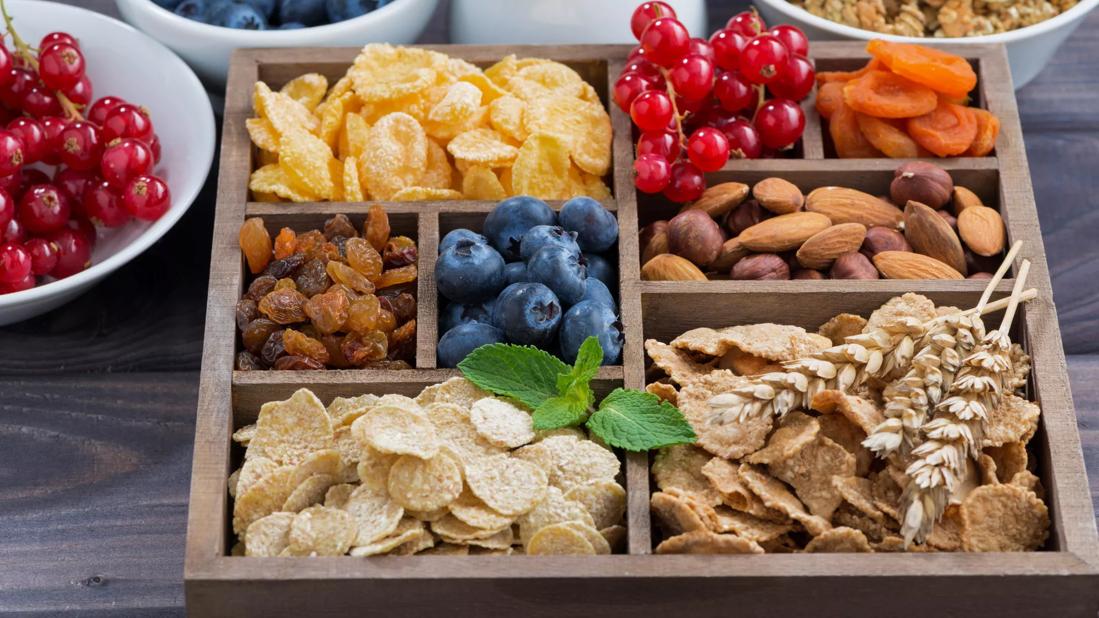
Contributor: Katherine Patton, MEd, RD, CSSD, LD
Advertisement
Cleveland Clinic is a non-profit academic medical center. Advertising on our site helps support our mission. We do not endorse non-Cleveland Clinic products or services. Policy
As an athlete, it is important to keep energy levels high. You can achieve this with the aid of smaller, more frequent meals in your day-to-day meal patterns.
Mini-meals can aid in satisfying the appetite, stabilizing blood sugar levels, and providing nutrients to the body throughout the day. Smaller, more frequent meals in your daily eating patterns also can aid in a more efficient metabolism compared to a slower metabolism when meals are skipped. An efficient metabolism allows your body to use carbohydrates, protein and fat to fuel your body.
Whether you’re on the go, or at home with your family, avoid skipping meals. Skipping meals will lead to a decreased energy levels, a drop in blood sugar and a slower metabolism.
If you’re a serious athlete, skipping meals also could rob your body of nutrients that you need to aid in muscle growth and repair. Competing without properly fueling your body could cause you to feel lightheaded and sluggish. Overall, inadequate nutrition will lead to impaired performance and increased risk of injury and illness.
Make it a habit to eat breakfast daily within one to two hours after you wake up, then eat again every three to four hours, for a total of five to six meals per day. These meals should be comprised of mini-meals to moderate-sized meals, snacks, and pre- and post-workout meals or snacks throughout the day. For some athletes, it’s easier to drink meal replacement shakes, protein shakes or smoothies to avoid feeling full from solid foods.
Overall, aim for meals and snacks that are high in carbohydrates and moderate in protein and fat. Before exercise, choose a carbohydrate-rich meal, but not too much protein since it takes longer to digest. After exercise, be sure to include a balance of carbohydrates and protein to refuel and recover.
A common barrier to eating small frequent meals is time. To save time and still eat frequently, try these tips:
Advertisement
Choosing a wide variety of food also will provide different sources of vitamins and minerals. Altogether, adequate intake of carbohydrates, proteins, fats, vitamins and minerals will help keep you healthy and optimize your athletic performance.
If you are struggling with how to plan balanced meals and snacks to fuel your body effectively, consider scheduling an appointment with a registered dietitian who is certified in sports dietetics.
Advertisement
Learn more about our editorial process.
Advertisement
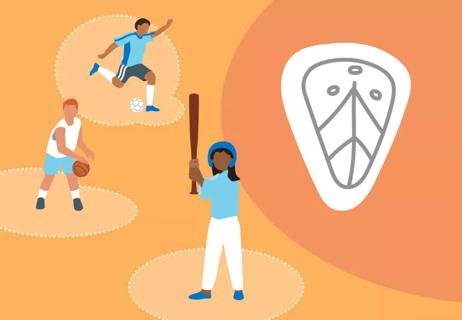
Protective equipment like sports cups can help avoid injury
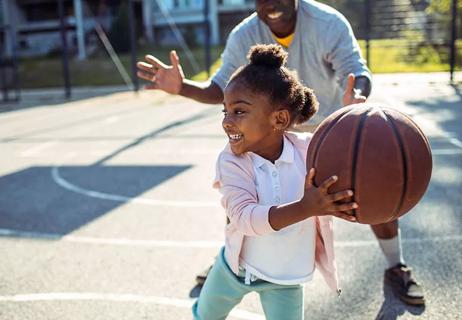
Each child and condition is unique, but most kids can play with proper precautions
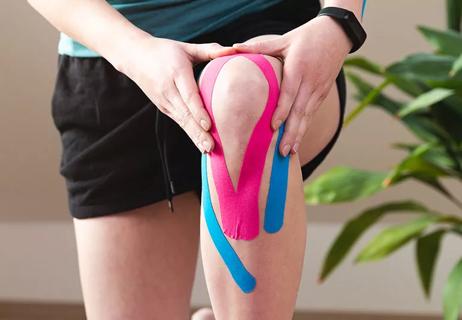
An expert explains the potential benefits
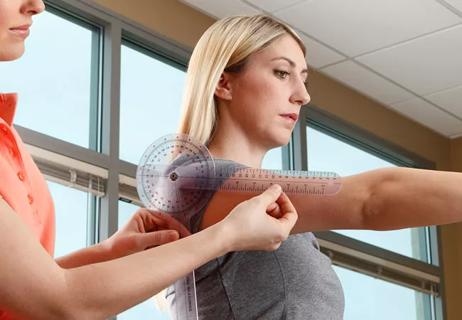
The Short Answer from an orthopedic surgeon
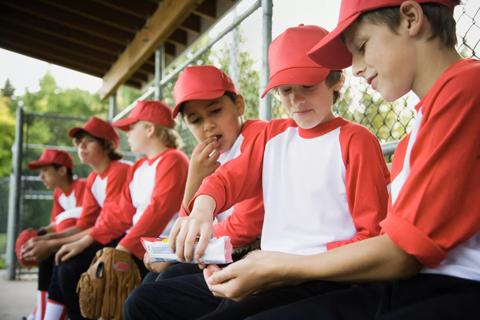
Food can be an important part of your game plan

The short answer? The best exercise is the one you’ll actually do

Walking is a great goal, but how many steps are best for you depends on factors like your fitness level and age

A walking pad is a simplified treadmill that can fit under your desk and help you get more movement in your day

Your metabolism may torch 1,300 to 2,000 calories daily with no activity

A gentle touch in all the right places may help drain your sinuses